National Fresh Breath Day is celebrated in August, but who doesn’t want fresh breath every day? Everyone has bad breath once in a while, so here are some tips to fight it.
1. Step up your oral hygiene routine.
Good oral hygiene is the first line of defense against bad breath. Brush your teeth morning and night and floss daily to remove much of the tiny food debris and plaque (colonies of oral bacteria) that can cause bad breath.
2. Don’t neglect your tongue.
A coated tongue can be a source of bad breath, so brush your tongue as well as your teeth or use a tongue scraper, which can be purchased in the oral health aisle of your local pharmacy.
3. Clean around your braces.
If you have braces, use an interdental brush or a water flosser to free trapped food particles.
4. Pay attention to your oral appliances.
If you wear dentures, be sure to clean them thoroughly every day, and brush your gums and the inside of your mouth as well. Bridgework also needs special attention: Clean carefully around the bridge and under the false tooth, as food can get stuck there.
5. Tackle dry mouth.
Dry mouth, a major cause of bad breath, can result from numerous medications, salivary gland problems, or breathing through the mouth instead of the nose due to sinus problems, sleep apnea, or other conditions. If your mouth is chronically dry, chew sugarless gum to stimulate saliva production, or ask about an over-the-counter or prescription saliva substitute.
6. Avoid extreme dieting.
Weight loss diets that advocate a stringent reduction in carbohydrates can lead to “keto breath.” This foul-smelling breath happens when the body burns fat instead of glucose for fuel.
7. Quit smoking.
In addition to smelling like cigarettes, people who smoke have less—as well as lower quality—saliva, which contributes to bad breath and poor oral health. If you need help quitting, talk with us or call (800) QUIT-NOW.
8. Be aware that some foods and beverages can leave stinky breath.
These include garlic, onions, strong spices, coffee, alcohol, cheese, and canned fish.
9. Keep up with regular dental visits.
Professional dental cleanings are necessary to get rid of hardened plaque (tartar) that can’t be removed by your brushing and flossing routine at home. We also check for gum disease, another cause of bad breath.
10. See your doctor.
Certain medical conditions like acid reflux, diabetes, and respiratory infections can cause bad breath. If you have an untreated health condition, make an appointment with your medical doctor.
If you are concerned about bad breath, please contact our office or schedule a consultation. You can learn more in the Dear Doctor magazine article “Bad Breath: More Than Just Embarrassing.”


